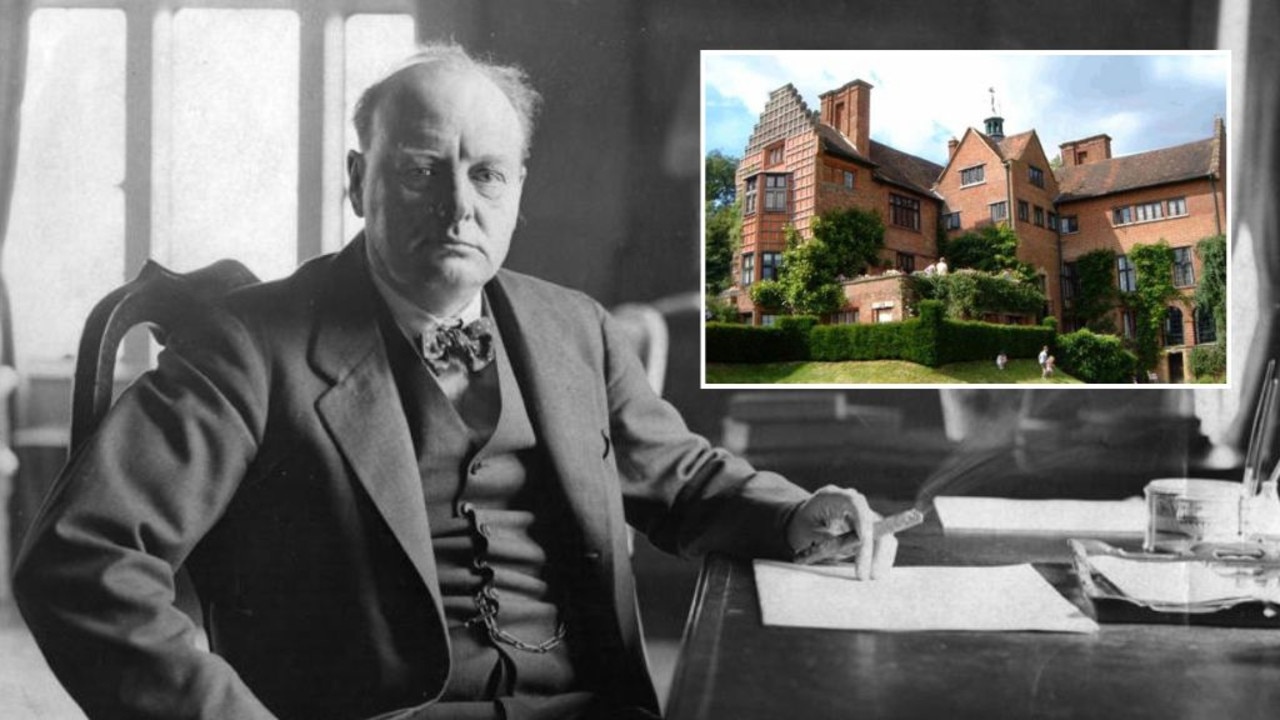Trans birth certificate shift is an Orwellian step too far
It is presented as a trans-rights issue. But society cannot allow the eroding of what clearly is the truth.

But there is an Orwellian streak to this idea that birth certificates can be rewritten. It feels like an erasure of historical truth. It would literally involve rewriting the past. It would give rise to a situation where an officially recorded fact — that a boy or a girl was born on a certain date — could be scrubbed from the public record and replaced by what is, to all intents and purposes, a lie.
The bill that would allow transgender people to alter their birth certificates was passed in the Victorian Legislative Assembly on Thursday. If it passes in the Legislative Council too — and it is expected that it will — it will become law in Victoria.
This will mean that an individual could apply to have the sex on their birth certificate changed even if they haven’t undergone any kind of surgery. All they would need to do is make a statutory statement about their new sex and get a supporting statement from someone they’ve known for 12 months or longer. And hey presto — that birth certificate declaring that a boy was born on August 12, 1989, say, will now declare that a girl was born on that day.
This should make us feel uncomfortable for the simple reason that it is not true. It is not true that a girl was born. The midwives and doctors who delivered a baby with a penis were telling the truth when they said: “It’s a boy.” And their truth was recorded, faithfully and dutifully, by the public registrar.
The end result was a birth certificate, one of society’s essential documents. The birth certificate is the measure of society itself: it tells us who was born, when and where they born, and who their parents were. To alter such documents — to falsify them — is to interfere with the history and knowledge of society itself.
This is very different to when a trans person changes their name by deed poll, which it is absolutely their right to do. It is even different to when a trans person changes the sex on their passport, which also makes me feel uncomfortable, but I can live with it. Because when we change sex on a birth certificate we sanction lying; we deceive future generations.
We subjugate the collective interests of society — in this case our collective interest of knowing the truth of who has been born — to the personal whims of small cliques of people. We would create a society in which individuals with male chromosomes and male genitalia could possess a birth certificate claiming they were born as girls. This is a lie. And everyone, if they’re honest, knows that it is a lie.
Here’s the thing: individuals are perfectly at liberty to lie to themselves. We all do it. The individual in possession of male genitalia has the right to think of himself, in his own mind, as a woman.
But should an individual be at liberty to lie to society? To force society to accept his lies? Should he have the right to alter official records so that they reflect his own view of himself, regardless of what the rest of us feel or know to be true?
I say no. Some right-wing critics of trans birth certificates claim that making it ridiculously easy for people to “change sex” could lead to a situation where predatory men will pose as women and invade women’s spaces — changing rooms, rape-crisis centres, and so on. This is true, and it should concern anyone who cares about women’s rights and women’s safety.
But there is a greater problem with the rise of what we might call trans Orwellianism — the way it makes social norms subservient to individual conceits.
In Orwell’s Nineteen Eighty-Four, the Party is constantly rewriting the past. It puts inconvenient historical facts into a “memory hole”: “Every record has been destroyed or falsified … Nothing exists except an endless present in which the Party is always right.”
Trans Orwellianism takes us scarily close to this situation. Trans birth certificates would shove down the memory hole those truths told by midwives and parents, and replace them with the untruths held by some transgender people.
This cuts to one of the key problems with the transgender ideology, and with the therapeutic politics of recognition more broadly. Which is that there is often tension — conflict, in fact — between an individual’s own convictions and the collective rights of society.
I fully support the right of people to adopt opposite-sex names, opposite-sex dress and even to seek sex-change surgery (though I don’t think society should pay for this surgery, given it is essentially a cosmetic procedure). But the rest of us, and in particular public institutions, should not have to buy into people’s beliefs about themselves.
Take the case of Jessica Yaniv, the Canadian with a penis and testicles who identifies as a woman and who is suing female waxers who refused to wax his genitals. His view of himself, his belief that he is a woman, absolutely should not override female beauticians’ certainty that he is a man and their refusal to go anywhere near his genitals.
Or consider Freddy McConnell, a trans man and Guardian writer in Britain. Freddy identifies as a man but Freddy has female genitals. How do we know? Because Freddy recently gave birth and is now seeking the right to be publicly registered as the child’s father.
No, sorry. If you get pregnant and give birth to a child, you are not the child’s father — you are its mother. Words have meaning. Ideas have meaning. Mother and father are longstanding, historical roles.
If a born woman wants to refer to herself as the father of the child she gave birth to, that’s her business. But society should not have to play along with her and in the process denigrate language and reason. To register McConnell as a father would be an Orwellian lie.
Trans people have the right to think of themselves and present themselves in any way they like. But they do not have the right to cajole society and their fellow citizens into accepting their eccentric views.
Truth matters.
Brendan O’Neill is the editor of Spiked.




There is something chilling about Victoria’s rush to allow transgender people to change the sex on their birth certificates. It is presented as a trans-rights issue; as the decent thing to do for people who feel they should be the opposite sex to the one they were born as.